Steve Witkoff, a billionaire real estate developer and United States President-elect Donald Trump’s Middle East envoy, has come to the forefront as a crucial figure in the delicate negotiations between Israel and Hamas to broker a ceasefire and hostage exchange deal.
Despite his lack of prior diplomatic or experience in the region, Witkoff’s unorthodox approach and close relationship with Trump have played a critical role in pressuring key stakeholders to move toward an agreement.
Witkoff travelled to Israel on Saturday to meet with Israel Prime Minister Benjamin Netanyahu and his negotiating team, despite it being the Sabbath, reported The Telegraph.
Witkoff conveyed Trump’s urgency to finalise the deal before the January 20 inauguration, stating there would be “hell to pay in the Middle East” if Hamas failed to release hostages by that date. His message was described as blunt and forceful, reflecting Trump’s high-stakes diplomacy.
Israeli officials have credited Witkoff with narrowing the gaps in negotiations, although significant challenges remain. “Witkoff is playing a crucial role in the negotiations right now, applying pressure from Trump,” a senior Israeli official was quoted by Axios.
His insistence on progress led to Netanyahu dispatching top intelligence officials, including Mossad Director David Barnea and Shin Bet Chief Ronen Bar, to Doha to push forward the discussions.
A high-stakes diplomatic push
The negotiations, mediated by Qatar, Egypt, and the United States, aim to secure the release of approximately 98 hostages held by Hamas in Gaza, including seven Americans. In exchange, Israel would release hundreds of Palestinian prisoners.
The proposed deal also includes a six- to seven-week ceasefire, a significant step toward de-escalation after months of conflict that has left over 46,000 dead in Gaza and much of the territory in ruins.
Behind the scenes, Witkoff’s aggressive style has drawn both praise and criticism. According to Haaretz, Israeli officials noted his lack of adherence to diplomatic niceties. One diplomat told Haaretz, “Witkoff isn’t a diplomat. He doesn’t talk like a diplomat. He’s a businessman who wants to reach a deal quickly and charges ahead unusually aggressively.”
It is my honor to work for President @realDonaldTrump and the USA in the most worthy endeavor of my life. President Trump’s strength and leadership will be a signal to all to bring the hostages home and peace to the region. Thank God for his election. @EricTrump @DonaldJTrumpJr https://t.co/ql0XJrjr8b
— Steve Witkoff (@SteveWitkoff) January 8, 2025
Witkoff’s involvement has added urgency to the talks, with Trump’s upcoming inauguration serving as a de facto deadline. Biden administration officials, including Brett McGurk, have coordinated efforts with Witkoff to ensure continuity between administrations.
US Secretary of State Antony Blinken stated that Witkoff’s participation has been “critical” in keeping Trump’s team aligned with the proposed deal.
Progress amid challenges
While gaps in the negotiations persist, US officials are optimistic. National Security Adviser Jake Sullivan described the talks as being at a “pivotal point,” with both sides “right on the cusp” of a deal. CIA Director Bill Burns highlighted the dire conditions in Gaza, urging leaders to act. “Enough is enough. Perfect is rarely on the menu in the Middle East, and it’s time to make a deal,” he told NPR.
The deal’s first phase could see the release of 33 hostages and hundreds of Palestinian prisoners. However, Hamas has insisted on a permanent end to the conflict and an Israeli withdrawal from Gaza, while Israel demands the complete dismantling of Hamas. These opposing positions have repeatedly stalled progress over the past year.
Witkoff as Trump’s Middle East Envoy
Witkoff’s appointment as Trump’s envoy raised eyebrows due to his lack of diplomatic experience. However, his deep personal connection with Trump and his reputation as a decisive businessman have made him an effective negotiator.
Witkoff’s presence in the talks signals Trump’s determination to secure a major diplomatic victory before taking office.
Witkoff’s approach also reflects a broader trend in Trump’s foreign policy, which prioritises transactional diplomacy and bold, last-minute maneuvers. Some critics argue that this style may risk leaving critical long-term issues unresolved, while others view it as a necessary break from traditional bureaucratic inertia in dealing with complex conflicts.
The outcome of these negotiations will likely have far-reaching consequences beyond Israel and Hamas. A successful deal could bolster Qatar and Egypt’s standing as mediators in the region, while also reshaping US influence under the incoming Trump administration.
Meanwhile, Netanyahu faces mounting pressure domestically to deliver results after months of escalating violence and criticism of his government’s handling of the conflict.
Analysts also warn that even if the ceasefire and hostage exchange are achieved, the underlying tensions between Israelis and Palestinians remain unresolved.
Violence persisted in Gaza on Monday, with residents in Rafah, located in the southern Gaza Strip, reporting multiple explosions that struck homes and roads. According to Palestinian health officials, Israeli airstrikes resulted in the deaths of at least 40 Palestinians and left dozens injured.
Meanwhile, the Israeli military confirmed the deaths of five soldiers in clashes in northern Gaza, raising the total number of troops killed since Saturday to nine.
With inputs from agencies


)
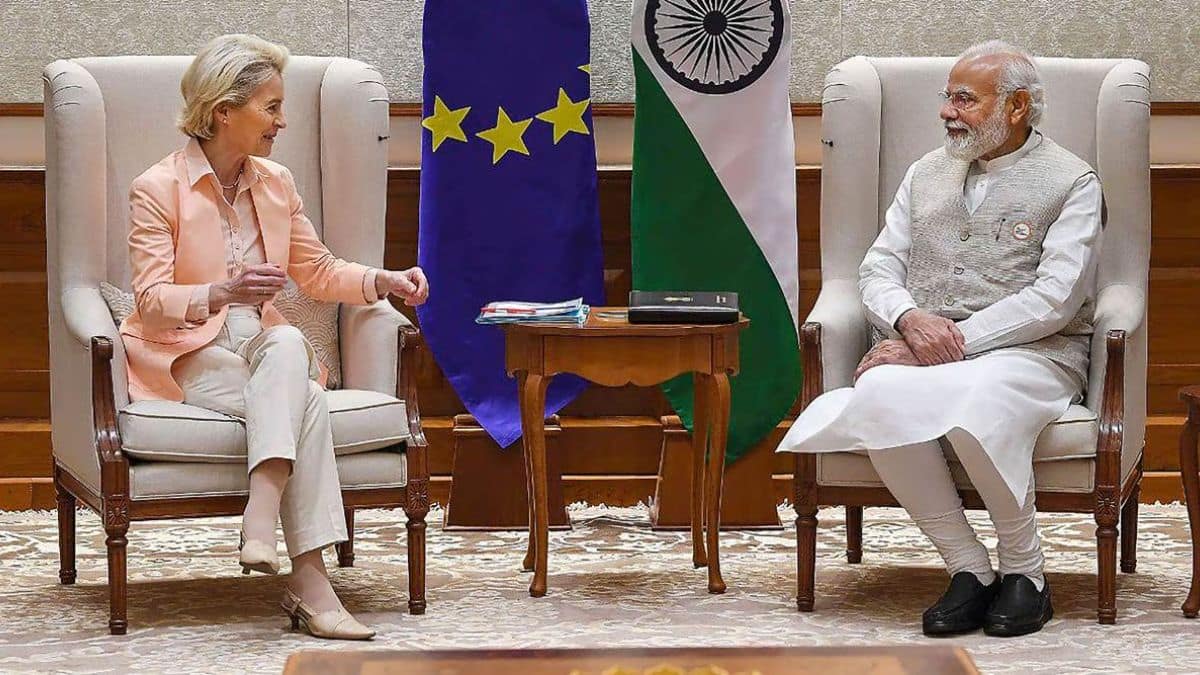
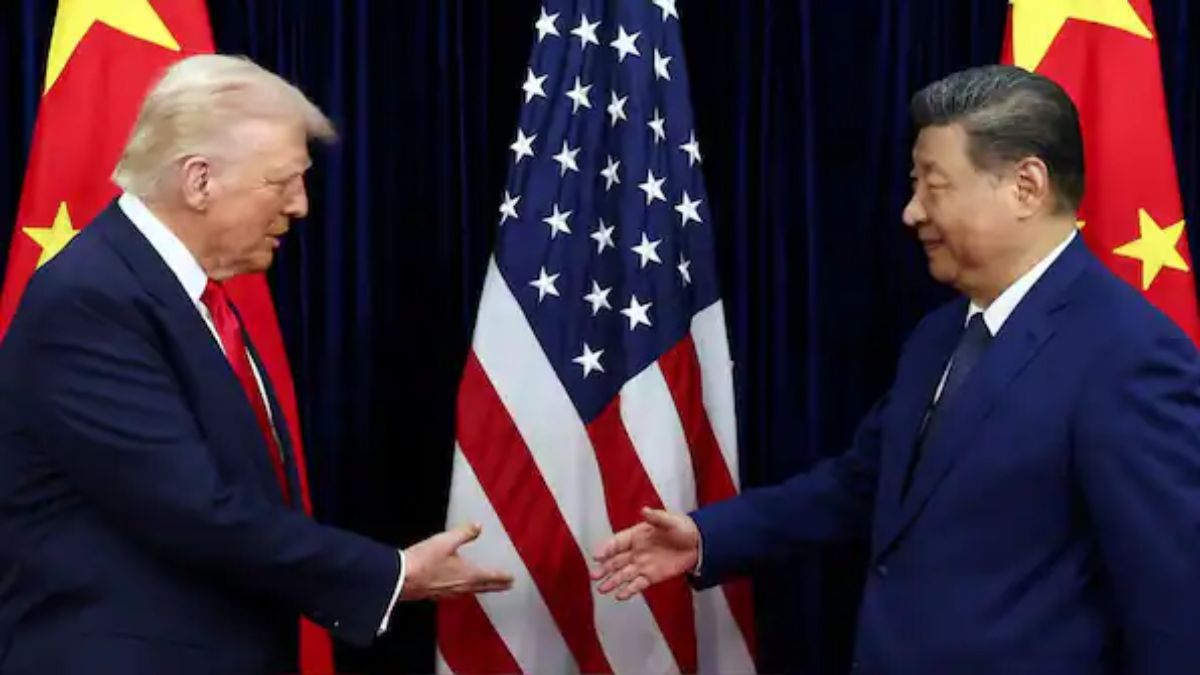)
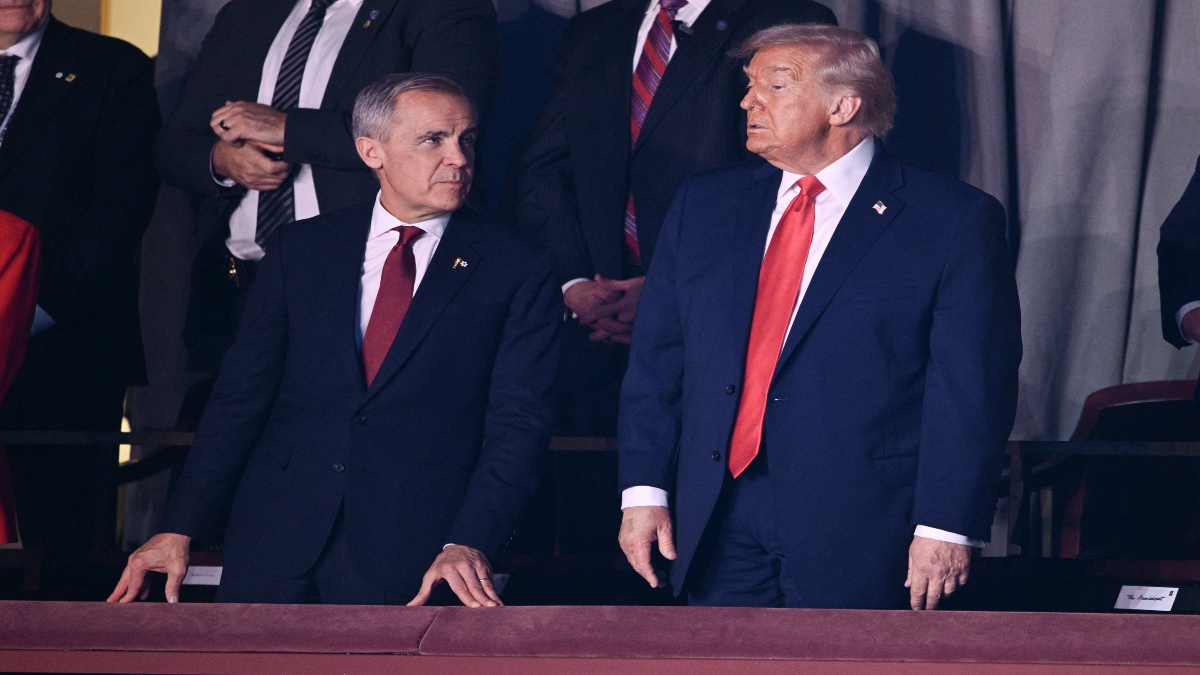)
)
)
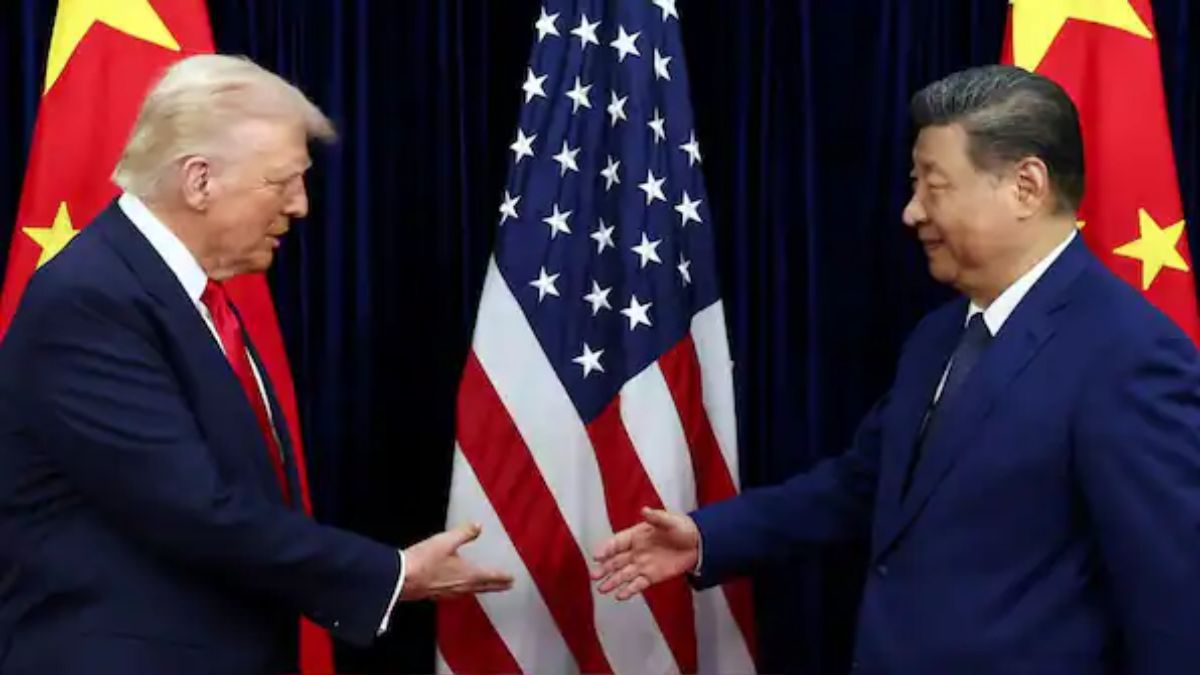)
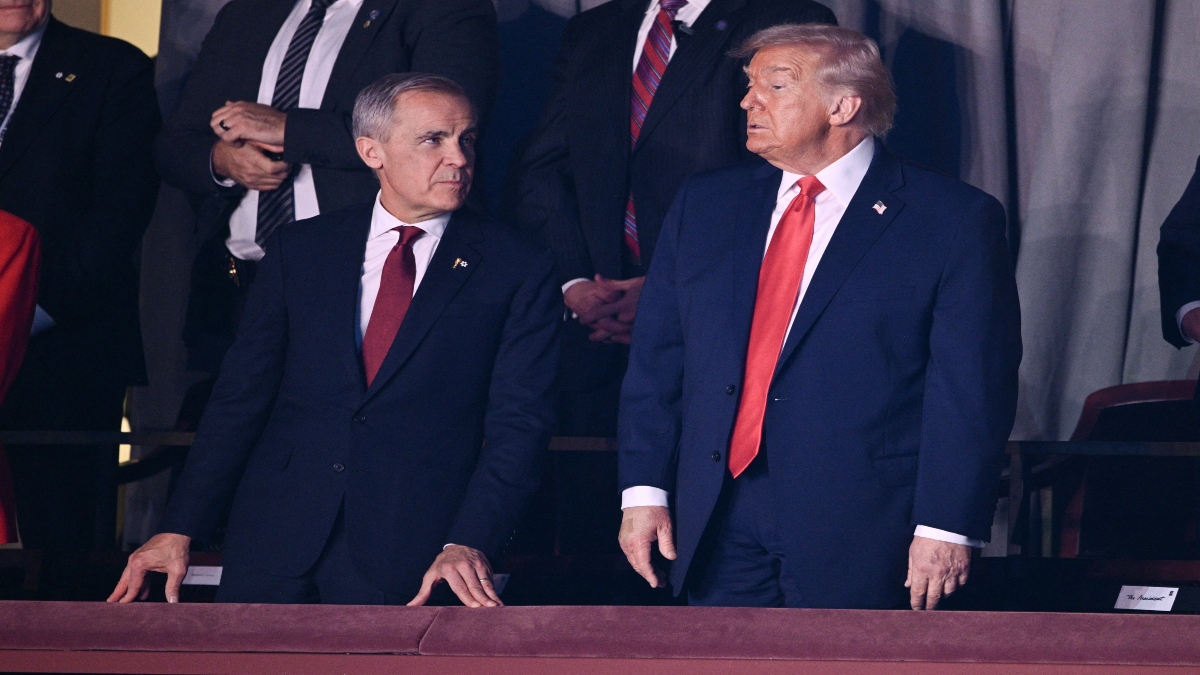)
)
)



